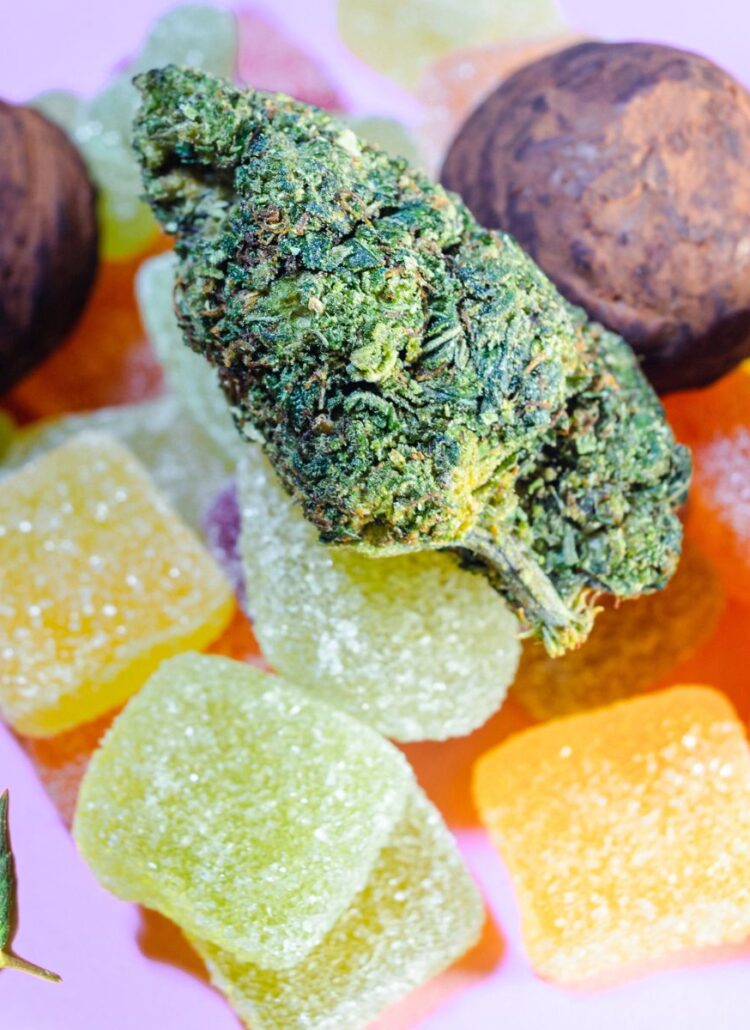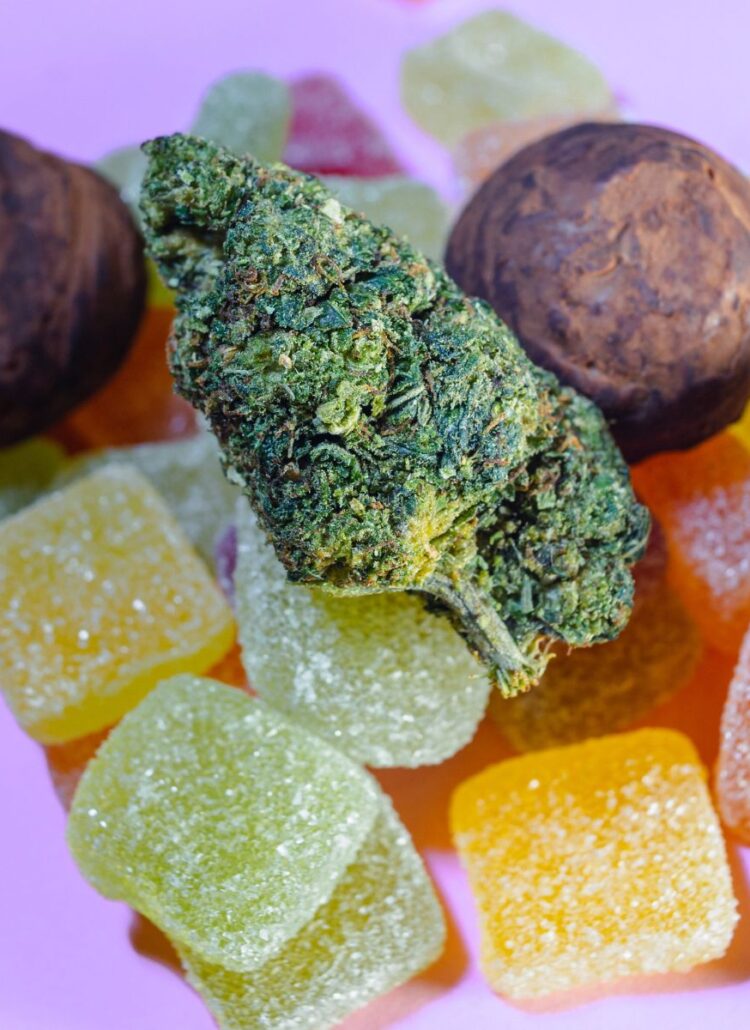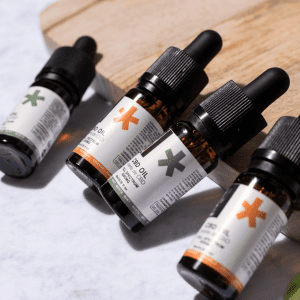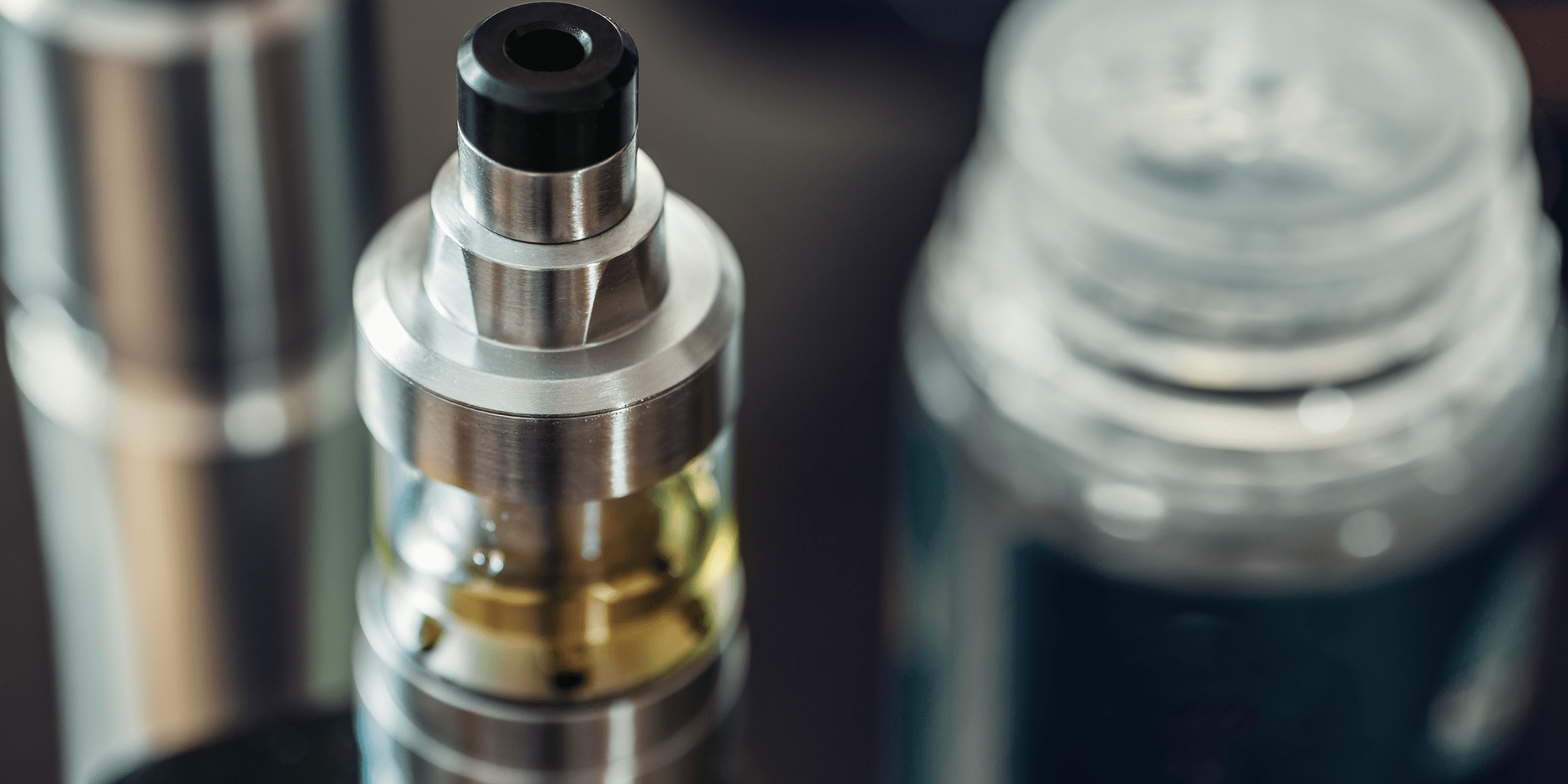
The cannabis industry has come a long way since it was first legalized for medical use in California and THC distillates didn’t exist. Since then, more than 35 states have legalized marijuana in some form or another. Not only this but legalization has paved a new path for the cannabis industry with more and more businesses coming up with thoughtfully engineered products.
For instance, CBD tinctures and oils containing zero THC, isolates, and cannabis oil distillates. All these products are specifically engineered to cater to medical and recreational requirements. The only exception, in this case, is that the cannabis industry has taken things a little further in order to expand the market by introducing THC distillates at every step of the way.
Ideally, methods such as distillation are used to obtain the purest form of THC, but the process is time-consuming. Any THC distillate undergoes a four-state refining process, a process that may vary from company to company.
The ideal method starts with ethanol extraction, the reintroduction of cannabinoids and terpenes to enhance the entourage effect, and lab tests that ensure the product doesn’t contain any harmful toxins. This way, it is possible to create the purest form of tasteless and odorless THC. That said, let us dive deeper into the concept of THC distillation and learn about its therapeutic benefits.
THC Distillates and Medical Advantages
THC distillates are almost 100 percent pure. This means that they will have a significant impact on the human body. To what extent? Well, the answer is not that simple. You see, the effects of cannabis vary from person to person. While 50mg of CBD tincture may help alleviate pain for you, the other person with the same intensity of pain most likely will get relief from 20 mg of CBD. Thus, indicating that the body’s biochemistry, dosage, and other factors such as the method of consumption will alter the impact of THC or CBD dose.
Also, the question, whether THC distillates can help alleviate symptoms such as pain and inflammation is a matter of scientific backing. In simple words, according to studies conducted in the past, THC may help provide relief from chronic pain and inflammation. To put things into perspective, let’s take a look at a study.
According to this study, THC consumption most likely triggers marked apoptosis in dendritic and T cells, leading to immunosuppression. In turn, this mechanism shows that the cannabinoids of the cannabis plant play a vital role in immune system regulation.
Another study demonstrated that THC based medicines help alleviate the symptoms of severe forms of epilepsy, chemotherapy induced symptoms, and pain caused due to multiple sclerosis. Although, you have to note that all these studies have been conducted on rodents. Only a few clinical trials exist, which are either still under research or do not provide concrete results.
So, if you seek THC distillates for the treatment of a specific condition, make sure that you consume them under medical supervision. All you have to do is register under the state medical marijuana program and talk to a state-certified health physician. If approved, you will receive a medical marijuana card. The same card can be used to get cannabis products from state-licensed dispensaries.
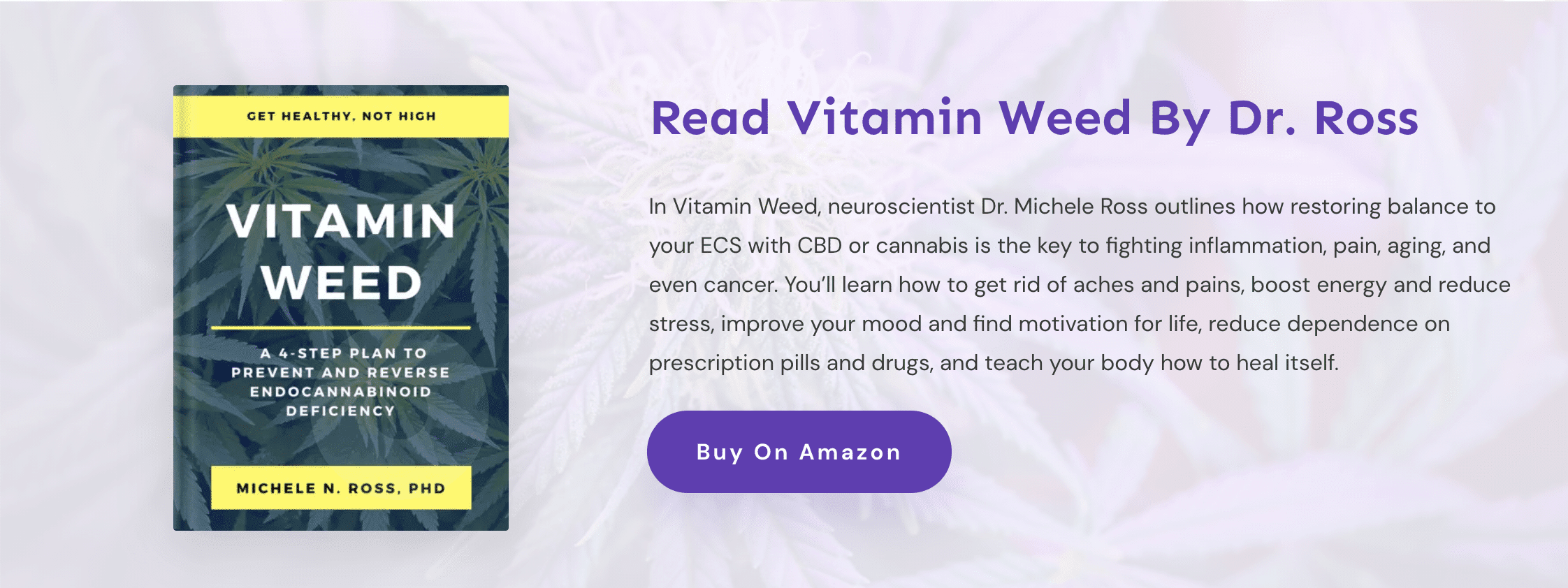
THC Distillates Work Better With Other Cannabinoids
The entourage effect improves the efficacy of cannabinoids. In other words, cannabinoids and terpenes work in tandem with each other to provide the best impact. To make things clear, here’s a study that will help you understand how the entourage effect works. According to this study, THC isolates are less effective than THC containing extracts of CBG, CBC, CBN, and terpenes.
When the cannabinoids work in synergy, they produce certain physical effects. Interestingly, without the entourage mechanism, some effects are impossible to produce. Here’s an example that will help you understand THC distillates in terms of the entourage effect.
From the studies mentioned above, it is safe to say that THC can alleviate some forms of pain. The only problem is that THC also leads to psychoactive effects, and THC distillates, as the name indicates, is an isolate. So, despite its pure form, the medicinal impact diminishes to a certain degree. In contrast, the psychoactive effects of THC distillates are quite high. As a result, those who seek medical advantages without the psychoactive effects will deter from using it entirely.
The reason why using THC, along with little CBD concentration, works best for patients. CBD will help mitigate the symptoms of psychosis. Whereas THC and CBD together will make the treatment of state qualifying conditions possible.
Does This Mean THC Distillates Have a Bright Future?
To understand the future of distillates in the medical cannabis world, we have to first look at every aspect of THC’s therapeutic benefits. For example, THC can help alleviate pain, but full-spectrum extracts are more powerful than isolates. On the other hand, THC distillates might work quite effectively for those who have low to mild conditions.
As far as severe forms of conditions are concerned FDA approves THC-based medicines for nausea associated with chemotherapy. This means that cancer patients can take THC synthetics under medical supervision.
Another FDA-approved drug Cesamet also contains THC, but the medicine is derived synthetically. This means that in case of severe conditions, THC distillates most likely will not work effectively.
As a result, patients who seek cannabis for the treatment of severe forms of conditions must seek medical advice. For low and mild conditions, THC distillates might work, but in this case, too, you have to seek help from medical health professionals.
Final Thoughts
There’s a huge potential for cannabis distillates. In fact, cannabis companies flood the market with THC distillates. In particular, states who have legalized cannabis for recreational use. So, you can get THC distillates from recreational stores. And use them for medical purposes under supervision. More importantly, with rapid legalization, it looks like the future of THC distillates is quite bright. The only thing that we have to do is wait for concrete research to come out.
Pin This Post
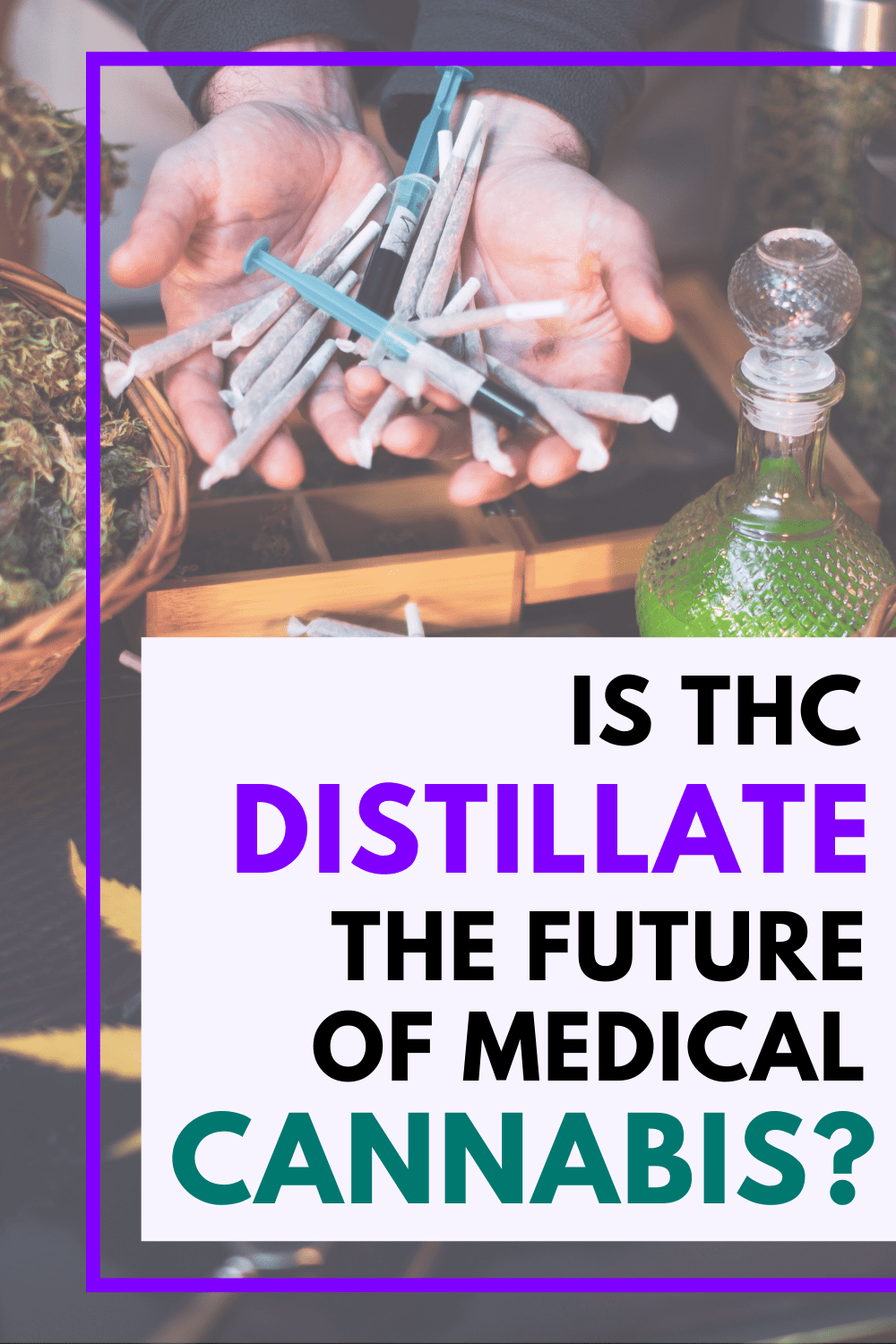
Share This Post



